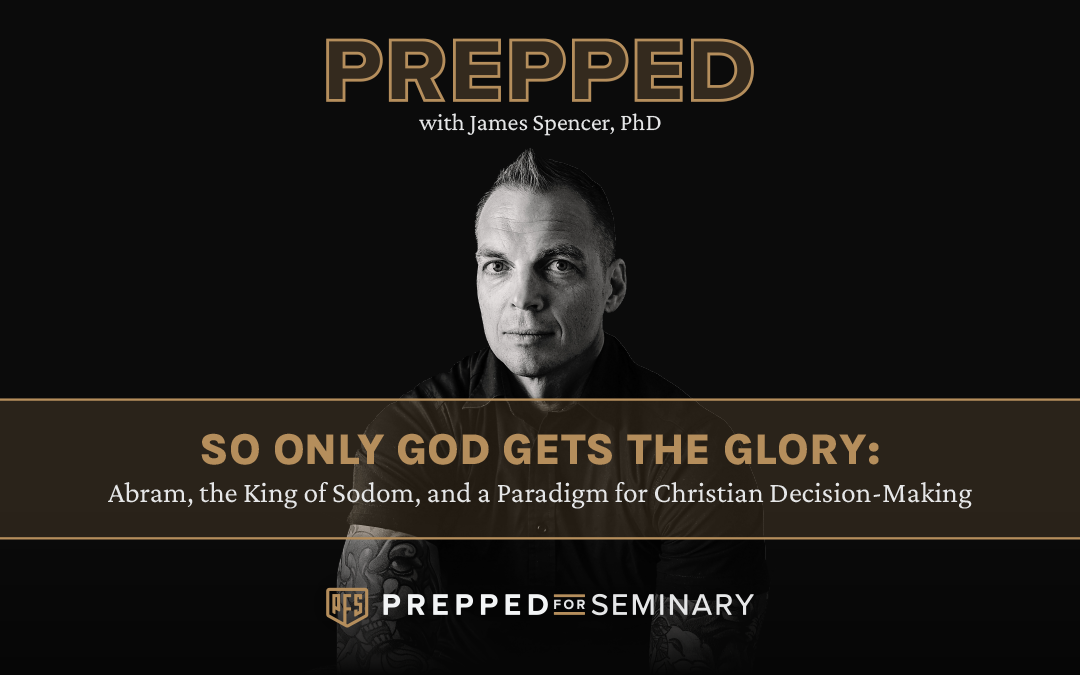What Do Your Choices Say About Your Faith?
Genesis 14 might seem like just a battle story at first glance. But if we look closer, we find something far more powerful. This chapter tells the story of faith in action, of a man who chose to glorify God when it would have been easy to glorify himself.
Abram’s nephew, Lot, was captured during a conflict between local kings. When Abram heard the news, he didn’t panic—he acted. He gathered 318 trained men from his household and went to rescue Lot. And he won.
But Genesis doesn’t focus much on the battle itself. Instead, the real spotlight is on what happens after the fight—because that’s where Abram shows us what it really means to live a life that points to God.
Victory Is God’s, Not Ours
Abram’s victory is told in just one verse. Why so little detail? Because God’s role in the victory is what matters most.
As Abram returns, he meets Melchizedek, king of Salem and priest of God Most High. Melchizedek brings bread and wine and offers a blessing:
“Blessed be Abram by God Most High,
Possessor of heaven and earth,
And blessed be God Most High,
Who has delivered your enemies into your hand.” —Genesis 14:19–20
Melchizedek reminds Abram—and us—that this victory wasn’t about military skill or luck. It was God who made the rescue possible. And Abram responds by giving Melchizedek a tenth of all the spoils—a tithe. It’s Abram’s way of saying, “This is God’s win, not mine.”
The Power of a Tithe
This small action tells us a lot about Abram’s heart. He wasn’t just thankful—he was humble. He recognized that everything he had came from God. When God blesses us, do we pause and give back? Do we acknowledge His hand in our success?
Abram models something beautiful here: giving in response to grace. He didn’t tithe out of duty but out of recognition that God was the story’s true hero.
Saying No to the Wrong Kind of Credit
After meeting Melchizedek, Abram meets another king: the king of Sodom. Unlike Melchizedek, this king doesn’t offer a blessing—he offers a deal. He says, “Keep the goods for yourself, just give me back the people.”
It sounds like a generous offer. But Abram refuses.
“I have lifted my hand to the Lord, God Most High… that I would not take a thread or a sandal strap or anything that is yours, lest you say, ‘I have made Abram rich.’” —Genesis 14:22–23
Abram had already made up his mind. He didn’t want anyone but God to get credit for his future wealth. He wouldn’t risk the king of Sodom claiming, “I made Abram rich.” He wanted the story to clearly show that God did this.
Thinking It Through in Advance
Abram’s response wasn’t impulsive. He had thought it through. He made a decision beforehand about how he would respond. And that made it easier to stand firm in the moment.
That’s a powerful lesson for us. Sometimes, the best way to stay faithful in hard situations is to decide ahead of time what your priorities are. Ask yourself: What do I want people to know about who helped me succeed? Then plan your response now—not later.
Faith Over Gain: The Harder but Better Path
Abram could have taken the riches—he had earned them, after all—but instead, he chose faith over gain.
He chose to trust that God would take care of him—even if it meant giving up something valuable in the moment. Right after this, in Genesis 15:1, God speaks directly to Abram:
“Do not be afraid, Abram. I am your shield; your reward shall be very great.”
God reassures Abram: You made the right choice. You turned down what looked good because you trusted Me—and I’ve got you.
This Still Applies Today
You may not be returning from battle or dealing with kings, but we all face choices that test where our trust lies. Will we take credit—or point to God? Will we grab what’s available now or wait on what God provides?
God is still our shield. He still rewards those who trust Him—even when that trust costs something.
Reflection Questions
- Have you made any decisions where God didn’t get the glory He deserved?
- How can you plan ahead to protect God’s glory in your future decisions?
- Is there something you’re holding on to that God may ask you to give up in trust?
- How do you respond to success? Is it with humility, like Abram, or with self-congratulation?
- Who can you talk to about giving God more glory in your daily choices?
